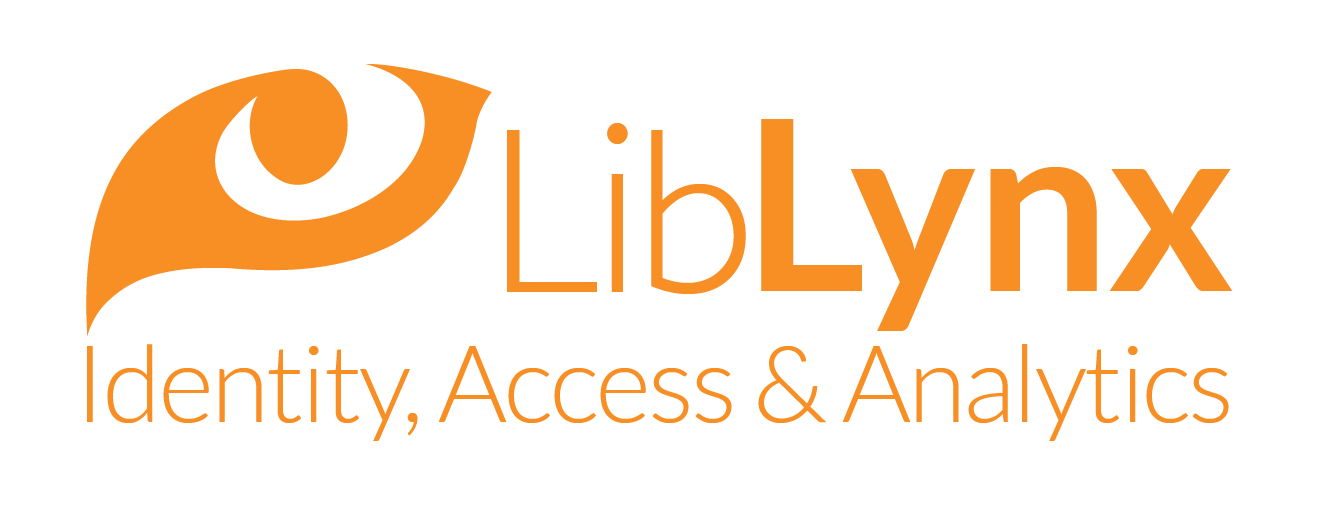Content aggregators are a valuable option for publishers looking to drive sales into specialist markets, such as public libraries. An increasingly common model is transaction-based fees where publishers earn revenue based on the usage of their content. This can be simple for publishers who are happy to let the aggregator host their content, but for many publishers this is not realistic – either because the aggregator platform isn’t engineered for their content, or due to concerns over content security.
The alternative is opening a door into your access control so aggregators can send users directly into your platform. You get the best of both worlds – full control over the user experience, while benefiting from the aggregator’s sales channel.
But most legacy access control systems struggle to securely support aggregator access.
Creating a dedicated aggregator account is one approach, but traditional authentication methods like a username/password or dedicated IP addresses are easily shared and don’t provide transparency over who’s actually accessing the content. Moreover, it’s an approach that has historically been abused by some regional distributors.
The most secure and transparent approach is to use a dedicated solution like an API that offers both highly secure access (you can be confident the aggregator is initiating the request) and the ability to assign access and usage to named accounts (you can see which users and/or organizations are benefitting).
We recently implemented a great example of this: the Hoopla API. Hoopla is a media streaming platform from Midwest Tape, a distributor serving the public library sector. One of our clients, medici.tv, sells into public libraries and decided to distribute their streaming media through Hoopla but opted to retain control over the content and platform experience. To do this, they needed to add support for the Hoopla API.
The Hoopla API allows Hoopla’s platform to request access to a specific piece of content for a specific user and library. The user is identified pseudonymously, so their experience can be personalized but their privacy is protected, and the usage can be recorded in an account for the relevant public library. It’s a nicely designed API that provides publishers with a secure and transparent way to authenticate users into their platform.
Best of all we were able to integrate the Hoopla API into our access solution within a few weeks. medici.tv can now drive sales and usage into public libraries through their new Hoopla distribution deal.
Can we help grow your business or simplify your access architecture? Contact us to learn more.


